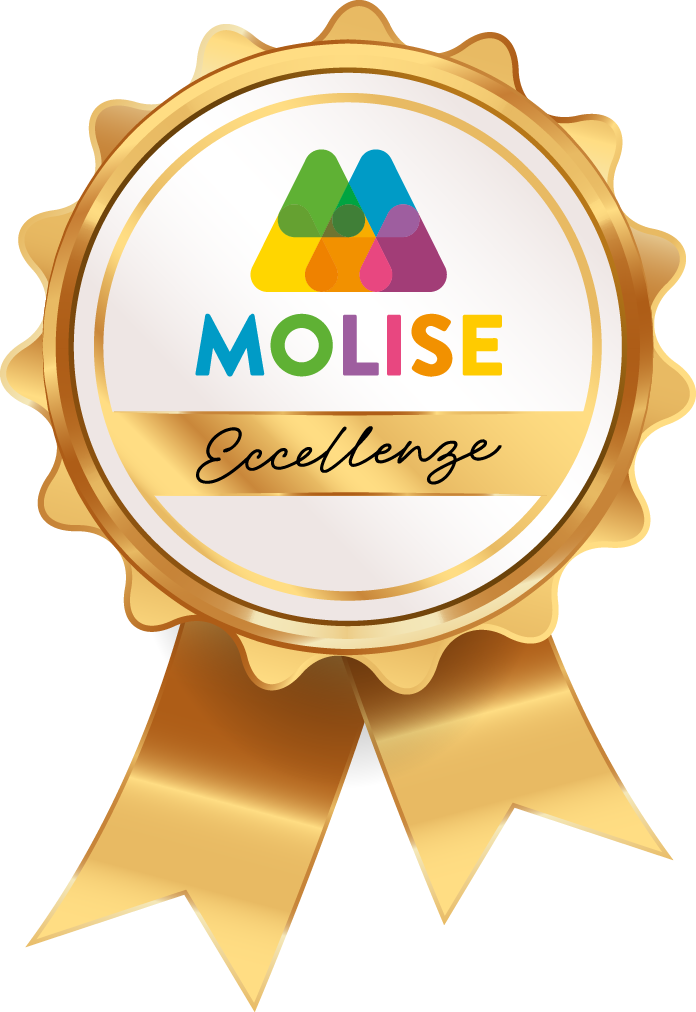Relationships in Recovery: Balancing Personal and Partner Needs

But doing this is an important part of your recovery — turning back to everyday life and handling addiction triggers. You may ask yourself difficult questions after finishing the rehabilitation center. relationships in recovery Below is a step-by-step plan to regain your loved ones’ trust after completing the treatment program. It’s no secret that social support is important for addiction recovery, but sometimes there’s a tendency to focus on undamaged relationships for that support instead of working to repair and rebuild relationships that need some work. Most people in addiction recovery have some relationships that are supportive and helpful, some that are risky or harmful for their recovery in some way, and some that are a little bit of both.
- The strain that addiction places on connections with family, friends, and partners can be immense, often leading to feelings of betrayal, hurt, and frustration on all sides.
- You may be surprised to find that the vast majority of people will respect your recovery and accept it without difficulty.
- When contemplating how to build trust in a relationship, individuals should assess which relationships are in need of repair and why.
- You’ll never improve your self-esteem if you try to live life and find acceptance as a projected mask of yourself.
4. Data collection and analysis

These may include relationships with sponsors, teachers, coaches, coworkers or bosses. Here are some reasons that relationship recovery is a critical part of addiction recovery. Acknowledging and celebrating milestones in recovery can reinforce the positive aspects of the journey and strengthen relationships. If you don’t want to meet face-to-face or call, try writing a letter or an email to initiate contact. If you receive a positive response, you may want to suggest meeting up to apologize and make amends.

How to Mend, Make, and Maintain Relationships in Recovery
If you’re in recovery for SUD, here’s how you can try to make amends with loved ones whose trust was bruised during addiction. Increasingly, people in recovery are emerging from the shadows and throwing off the yoke of the stigma long attached to addiction. You may be surprised to find that the vast majority of people will respect your recovery and accept it without difficulty. Whether you’ve been in recovery previously or this is your first attempt, why should they believe you now? How many times have you told them that this time things will be different? The more often this happens, the harder it is for the important people in your life to trust that this time really will be different.
Consistent Actions

Therefore, synthesising findings from modality-specific intervention research, where the alliance might be evaluated as a mechanism of change, with the current, more focused conceptualisation might be warranted. People in recovery from substance use disorders need to https://ecosoberhouse.com/article/effects-of-alcohol-on-the-body-is-drinking-alcohol-bad/ heal themselves and build healthy relationships in recovery and beyond. The path to sobriety often reveals the impact of drugs and alcohol on loved ones and highlights the need for rebuilding trust, forging new connections, and fixing unhealthy relationships. The interventions varied in scope, focus and theoretical underpinning.
- This might involve covering up their mistakes, making excuses for their behavior, or bailing them out of financial or legal troubles caused by their addiction.
- One client realized she’d started working late not because she loved her job, but because her body was literally tense coming home to emotional emptiness.
- Just as a garden thrives with tender care, rebuilding relationships damaged by addiction requires a similar nurturing touch.
Making Amends: A Key Step in the Recovery Process

While ice loss is the dominant driver of ocean mass change, Cáceres et al. (2020) showed that non-ice TWS is the primary control on seasonal and interannual variations of the land–ocean water balance excluding Greenland and Antarctica. Others (Molin et al., 2018; Stringer et al., 2015) used the Caring Professional Scale (Swanson, 2000), as rated by service users and the scale to asses therapeutic relationships (STAR; McGuire-Snieckus et al., 2007), respectively. Carpenter et al. (2007) relied on a non-validated but user-defined outcome scale (Barnes et al., 2000), which included numerous items relevant to the alliance; including involvement, listening and understanding. Studies have shown that people who face stigma are less likely to engage in treatment programs, attend support groups, or even disclose their struggles to their loved ones. Instead of viewing addiction as a health issue, it’s often framed as a personal flaw, and that perception creates an enormous barrier to accessing care. In a phase of active addiction, a person tends to put substance before relationships and break promises.






